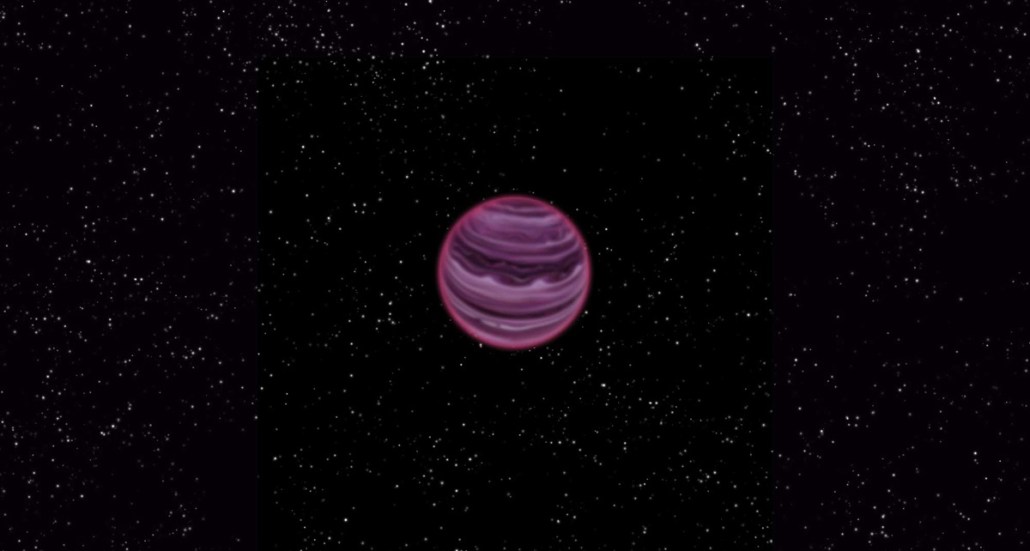Rare, free-floating exoplanet found

This artist's impression shows the solitary exoplanet PSO J318.5-22, which sits 80 light-years from Earth in the direction of the constellation Capricornus.
V. Ch. Quetz/MPIA

This artist's impression shows the solitary exoplanet PSO J318.5-22, which sits 80 light-years from Earth in the direction of the constellation Capricornus.
V. Ch. Quetz/MPIA